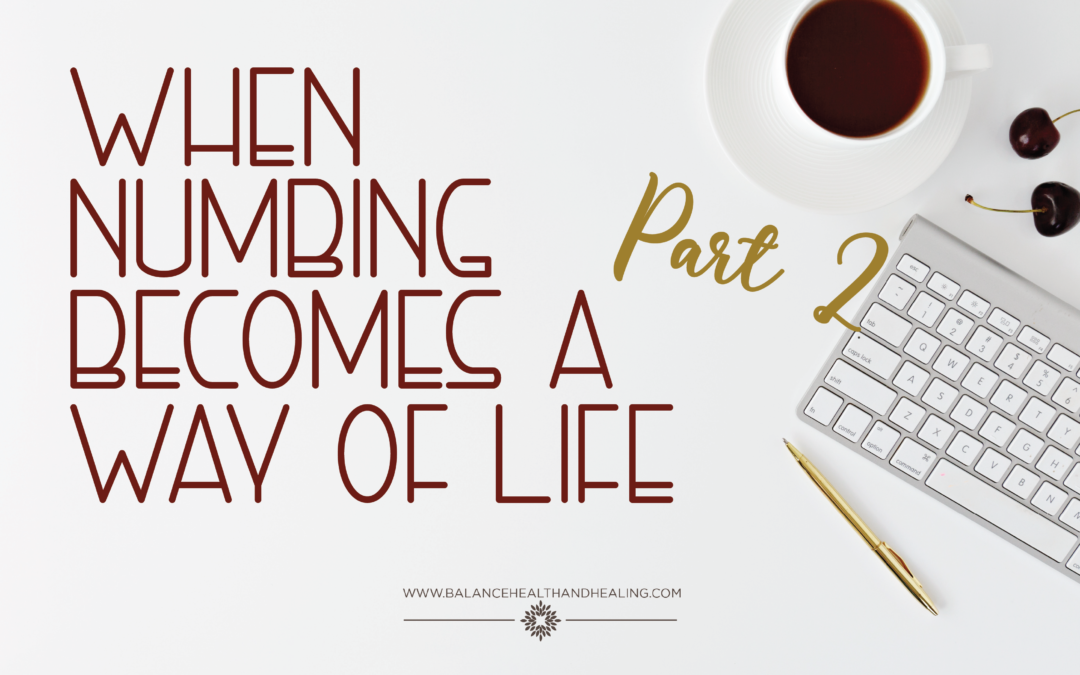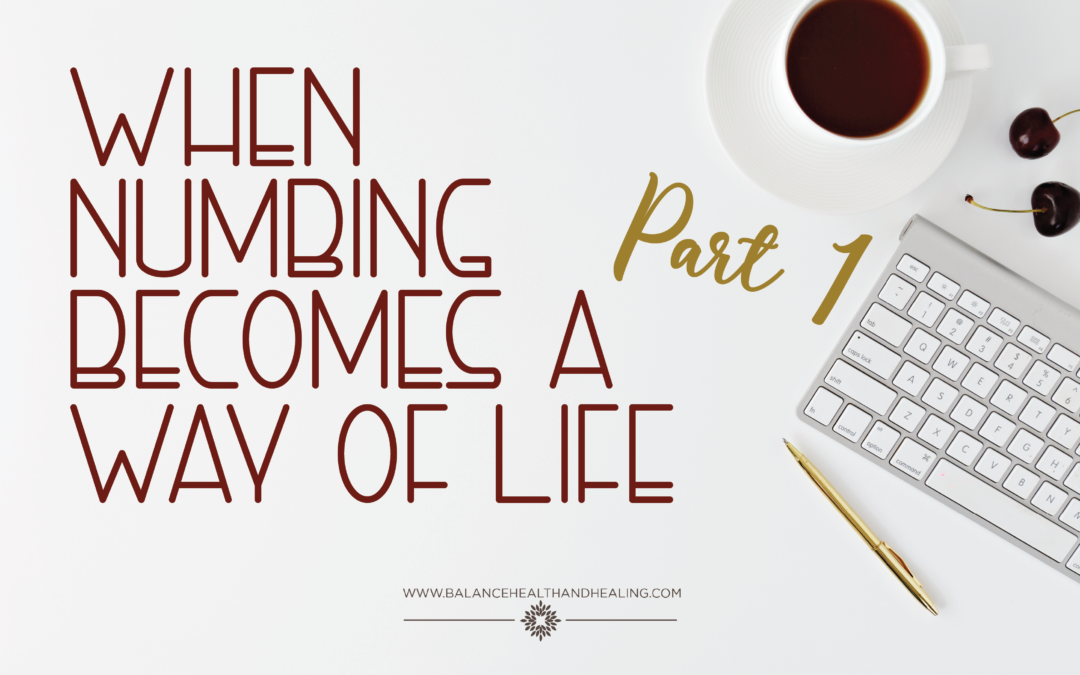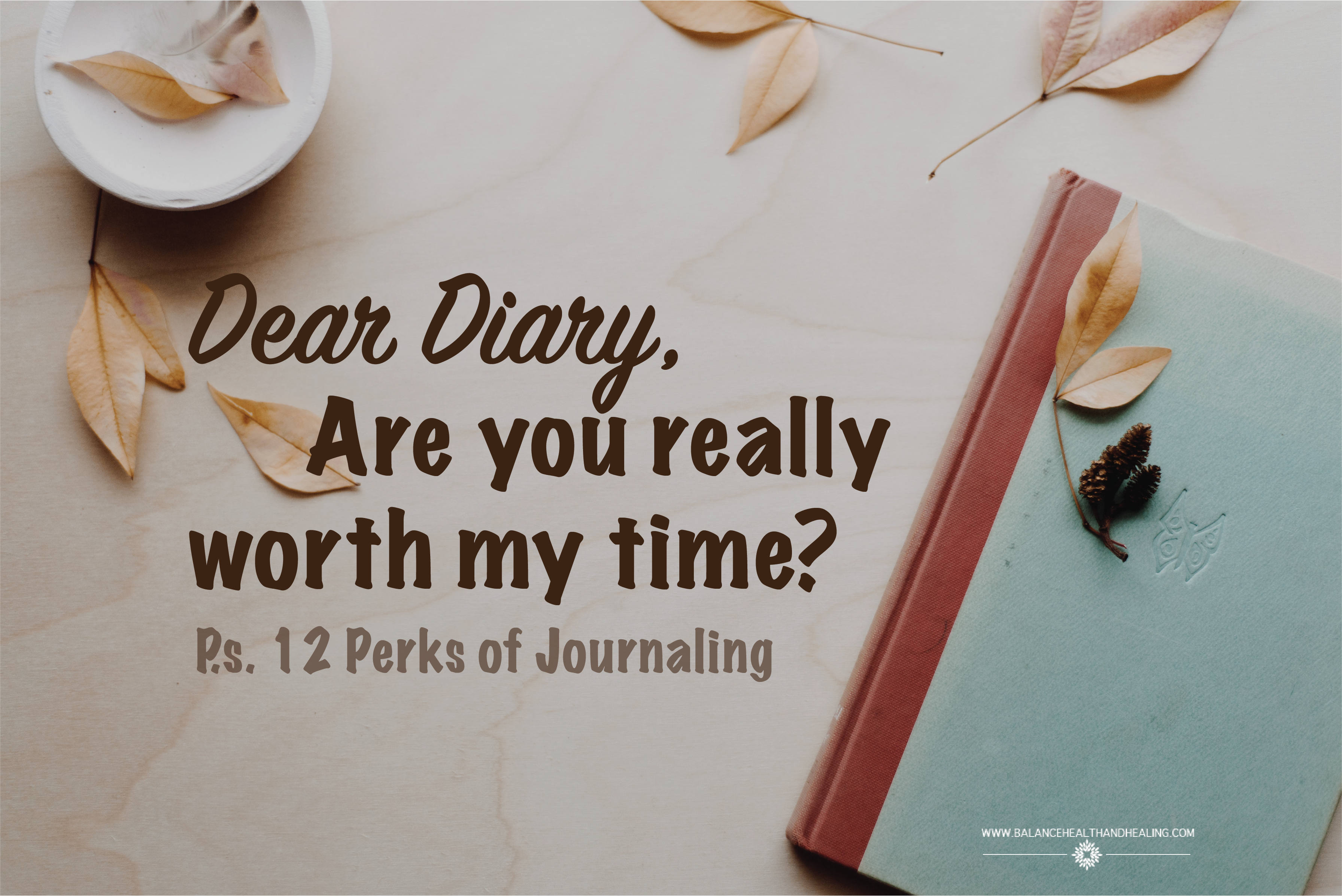
You are Meant to Thrive
On Sunday, Jessica Knoll wrote an opinion piece in the New York Times challenging the claims of the wellness industry, and—more than that—asking why so many smart women continue to fall for “its harmful, pseudoscientific claims.” Amen, Ms. Knoll, amen.
Hate the Body
She points out in her opening paragraph one of the great, sad truths of what it means to be a woman: we connect in our self-hate, and it is perfectly acceptable to refuse to accept yourself, and specifically your body. There’s even a name for it: normative discontent. Specifically, this is the idea that it is normal for a woman to be discontent with her body, and that it’s probably asking too much that a woman could—or even would want to—get to a place of peace with her body. 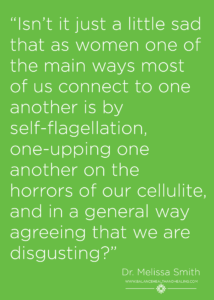
Knoll talks about being indoctrinated to hate her body, and is it any wonder? From a young age, as girls we grow up listening to the women in our lives complain about their bodies. We see them restrict their intake, yo-yo diet, and measure their worth according to their pant size. And that’s only what’s happening inside our homes.
If we look at a screen or venture outside our front door, we are bombarded with messages touting the thin ideal: in order to be acceptable, lovable, successful, and perfect, you must be thin. And everything in our society reinforces the thin ideal. Everything.
Isn’t it just a little sad that as women one of the main ways most of us connect to one another is by self-flagellation, one-upping one another on the horrors of our cellulite, and in a general way agreeing that we are disgusting? I suppose this sort of dialogue is not too surprising if the expectation is that as women it is just asking too much that we get to a place of peace and acceptance with our bodies.
Expect More
Really? Is this really too much too ask? Is it really too much to ask that as women we could live fully embodied lives, free of shame? Is it too much to ask for a little peace within your own body? I don’t know about you, but I just think the bar is a little low on this one.
Maybe the problem is that we continue asking for permission from the same forces where the indoctrination has happened. Maybe it’s time to expect more for yourself and for your life because you deserve to live a fully embodied life, free of shame and guilt.
You are Meant to Thrive
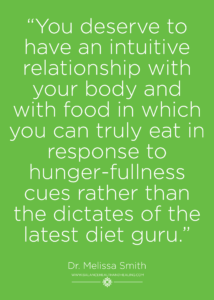 In my invitation to hope more for yourself, I’m not trying to throw our mothers and sisters under the proverbial bus. We’ve all done the best we can. We’ve all been trying to survive in a hostile wilderness. Survival often meant submission.
In my invitation to hope more for yourself, I’m not trying to throw our mothers and sisters under the proverbial bus. We’ve all done the best we can. We’ve all been trying to survive in a hostile wilderness. Survival often meant submission.
But we know better now, and we can do better. We were meant to thrive, and in order to thrive we must be willing to reclaim our bodies and our voices. You are meant to thrive! Yes, you. I’ve been so inspired by the incredible ways empowered women are reclaiming their voices on social media, supporting women in all our beautiful messiness, and encouraging authenticity over approval. It makes my spine tingle!
You deserve to have an intuitive relationship with your body and with food in which you can truly eat in response to hunger-fullness cues rather than the dictates of the latest diet guru. You can know your body better than any expert. Yes, you, humble, fallible woman. You can know what’s best for you.
You don’t need to look outside yourself for the answers. You don’t need to see what others are wearing. You can wear what is most comfortable for you. You can move in ways that bring you joy. You can connect to desire in ways that are noisy and inappropriate and would make your mother blush. You can reclaim your body. Right here. Right now.
Because if not now, when? This moment, this life, is the only one you’ve got. Live it fully.
Link to New York Times article:

